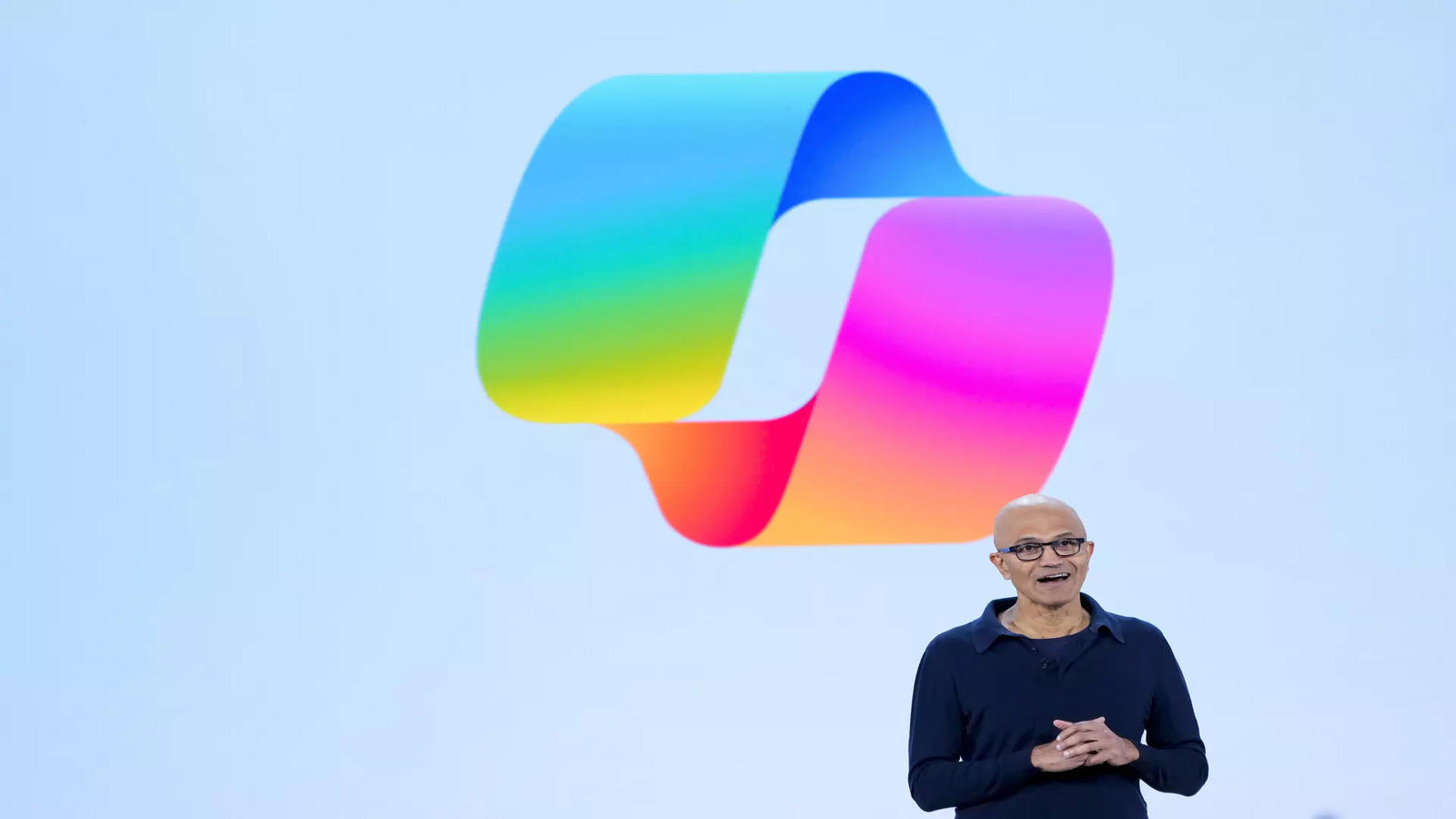
Elon Musk, CEO of Tesla and SpaceX, has recently voiced strong criticism against Microsoft over a feature in Windows 11 that he believes infringes on user privacy. The feature in question requires users to create a Microsoft account to fully utilize their PCs, which Musk argues compromises personal data security.
The Controversy
Musk took to Twitter (now known as X), expressing his disatisfaction with the lack of an option to bypass the Microsoft account setup during the installation of Windows 11. He stated that this requirement forces users to integrate their personal computers into Microsoft’s ecosystem, thereby exposing their private data to potential misuse by the tech giant.
Musk’s frustration was evident as he shared his own difficulties in attempting to set up a new Windows laptop without creating a Microsoft account. He described the process as cumbersome and highlighted the privacy risks associated with mandatory account creation. Musk’s concerns echo a broader debate about user autonomy and data privacy in the digital age.
Direct Appeal to Microsoft
In a bid to address the issue, Musk directly appealed to Microsoft CEO Satya Nadella via Twitter. He requested that Microsoft offer an alternative setup option that does not require users to create an account. Musk emphasized that such a feature is crucial for users who prioritize their privacy and prefer to maintain control over their personal data.
As of now, Nadella has not publicly responded to Musk’s appeal. However, the interaction has sparked widespread discussion among technology enthusiasts and privacy advocates. Many users have shared their own experiences and frustrations with the Windows 11 setup process, adding to the pressure on Microsoft to reconsider its stance.
The Privacy Debate
Musk’s criticism brings to light the ongoing tension between tech companies and users regarding data privacy. The requirement for a Microsoft account means that user data, including personal information and usage patterns, could potentially be accessed and utilized by Microsoft. This has raised concerns about the extent to which tech companies should be allowed to collect and manage user data.
Privacy advocates argue that users should have the option to set up and use their devices without being forced into data-sharing agreements. They assert that such practices compromise user autonomy and expose individuals to unnecessary privacy risks. Musk’s stance resonates with these concerns, underscoring the need for greater transparency and user control in the tech industry.
Potential Solutions and Workarounds
While Microsoft has yet to officially address Musk’s concerns, there are existing methods that users can employ to bypass the Microsoft account requirement. Some tech-savvy individuals have found workarounds, such as using invalid email addresses during setup or configuring local accounts post-installation. However, these methods are not straightforward and can be challenging for less experienced users.
The situation highlights a broader issue within the tech industry: the balance between convenience and privacy. As companies strive to create more integrated and seamless user experiences, they must also consider the implications for user privacy and data security. Musk’s public critique serves as a reminder of the importance of these considerations and the need for tech companies to prioritize user rights.
Elon Musk’s criticism of Microsoft’s Windows 11 account requirement has ignited a significant debate about privacy and user autonomy in the digital age. As users become increasingly aware of the potential risks associated with data sharing, the demand for greater control over personal information is likely to grow. It remains to be seen how Microsoft will respond to these concerns and whether they will offer more privacy-friendly options in future updates.
This incident underscores the importance of ongoing dialogue between tech companies and users to ensure that technological advancements serve the best interests of society while respecting individual privacy.


















